February 4, 2019
New California laws include the following:
Who is awarded custody of the family pet in a divorce proceeding is determined by the court using factors which are similar to those of child custody issues.
The State of California has recognized the importance of the public to have access to misconduct information of law enforcement officers. The California Records Act 1968 previously allowed the public to request copies of government records. The law enforcement communities have historically argued their right to privacy was superior to the public’s interest in knowing about their misconduct. Now the law is clear where the balance exist. The following misconduct records of law enforcement officers are subject to disclosure: (1) An incident involving the discharge of a firearm at a person by a peace officer or custodial officer; (2) An incident in which the use of force by a peace officer or custodial officer against a person resulted in death, or in great bodily injury; (3) Any record relating to an incident in which a sustained finding was made by any law enforcement agency or oversight agency that a peace officer or custodial officer engaged in sexual assault involving a member of the public; (4) Any record relating to an incident in which a sustained finding was made by any law enforcement agency or oversight agency of dishonesty by a peace officer or custodial officer directly relating to the reporting, investigation, or prosecution of a crime, or directly relating to the reporting of, or investigation of misconduct by, another peace officer or custodial officer, including, but not limited to, any sustained finding of perjury, false statements, filing false reports, destruction, falsifying, or concealing of evidence. August 26, 2019, Update: The California Supreme Court discussed this new law and the effects the law has on Brady lists and Pitchess Motions procedures in the Court’s recent decision, Association for Los Angeles Deputy Sheriffs v. Superior Court (S243855, August 26, 2019).
A new California law addresses the public outcry about settlement agreements confidential conditions preventing the public from knowing of the facts. This law prohibits a provision in a settlement agreement, filed in a civil or administrative action, which prevents the disclosure of factual information relating to certain claims of sexual assault, sexual harassment, or harassment or discrimination based on sex. A provision in a settlement agreement that prevents the disclosure of factual information related to the claim, entered into on or after January 1, 2019, is void as a matter of law and against public policy.
Also, a provision in a contract or settlement agreement is void and unenforceable if it waives a party’s right to testify in an administrative, legislative, or judicial proceeding concerning alleged criminal conduct or sexual harassment.
New landlord-tenant laws include the following: (1) Landlords of rent control units are now required to approve a tenant’s request to install an electric vehicle charging station at the tenant’s parking space (units subject to residential rent control ordinances had previously been exempted); and (2) Tenants are permitted to pay rent to landlord through 3rd parties under some qualified requirements.
Some provisions of the California Homeowner Bill of Rights of 2012, which expired on January 1, 2018, have now been permanently reestablished to cover a variety of requirements in connection with foreclosures on mortgages and deeds of trust, including restrictions on mortgage servicers actions while a borrower is attempting to secure a loan modification or has submitted a loan modification application. The foreclosure provisions of the act are generally limited to first lien mortgages and deeds of trust on owner-occupied residences.
